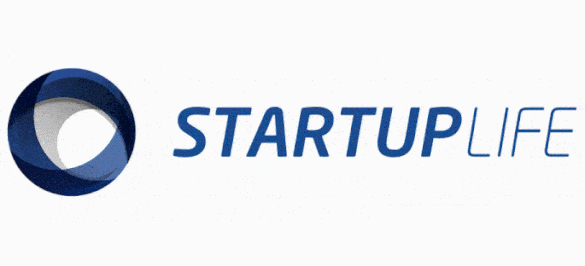By João Benz and Layon Lopes*
Since 2021, all bank account holders in Brazil can count on a new technology represented by an open banking data system, Open Banking. The novelty promises to make life easier for users of banking services, as it allows the sharing of customer information between different financial institutions.
Initially, it is important to mention that Open Banking in Brazil can only be carried out with the authorization of the user, that is, the choice to carry out Open Banking is entirely up to the user and the bank cannot disclose information to other financial institutions without the authorization of the holder of the information. Furthermore, it is the user’s right to know to which financial institutions their data was shared, the period of validity of the information provided, as well as the purpose of sharing.
The user’s power of choice, when choosing which financial institutions will have their data, can mean a series of advantages, as described below:
What are the advantages of Open Banking?
By authorizing the sharing of data through the Open Banking system, the user can obtain some financial advantages, such as greater ease in granting credit and reduced interest rates, if they have a history of being a good payer. As Open Banking allows different financial institutions to have information on the same data, users can still compare insurance costs, investment returns and loan interest between two or more banks.
The idea, in this case, is to provide the user of banking services with the freedom to contract a certain financial service in any banking institution, even if it is not the one in which the user has an account and good credit ratings, considering that the data can be shared between the institutions. Furthermore, Open Banking stimulates competitiveness among financial institutions, resulting in easier and cheaper credit for the end user.
*Layon Lopes is the CEO of Silva | Lopes and João Benz is a member of the Silva | Lopes team.











